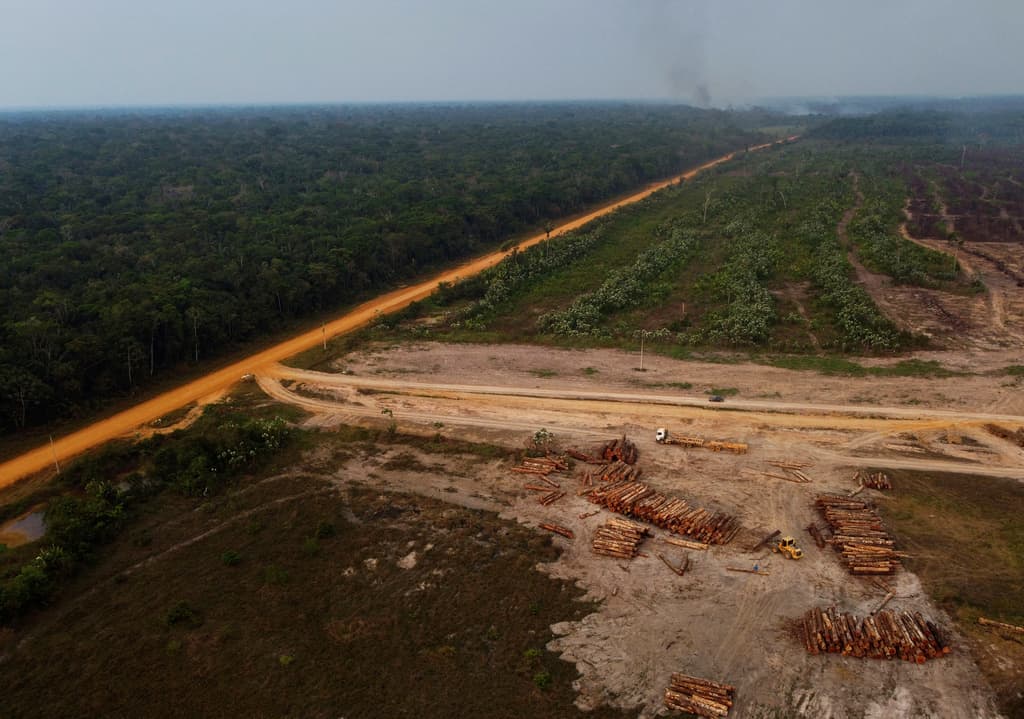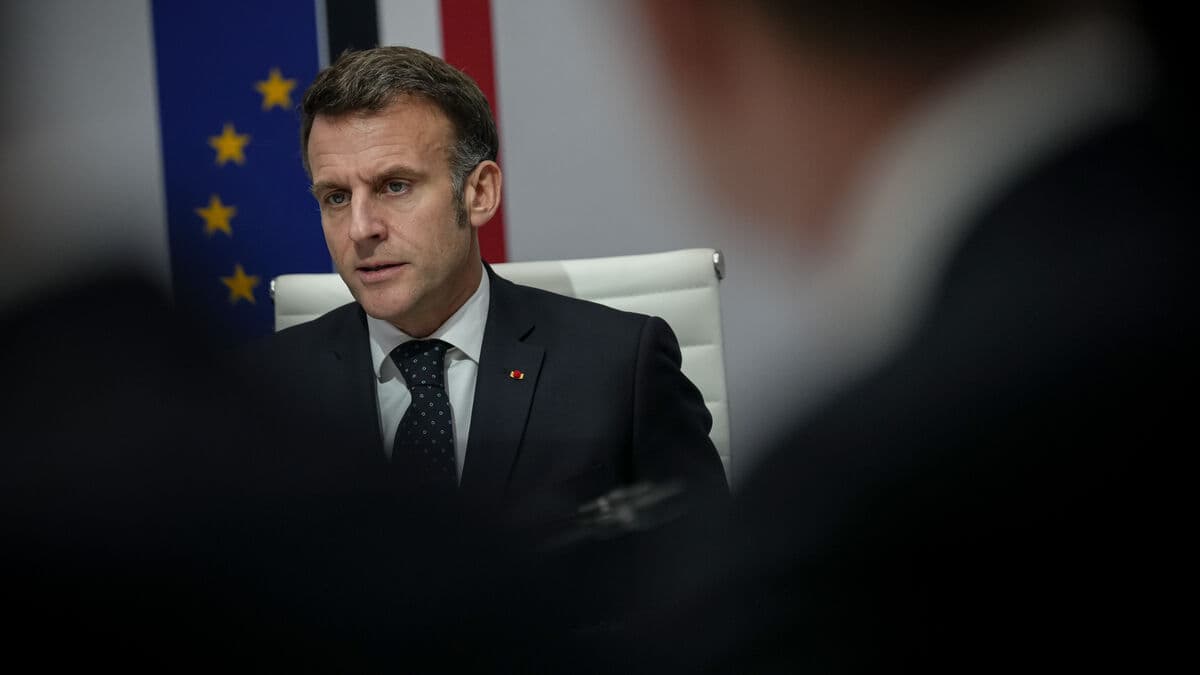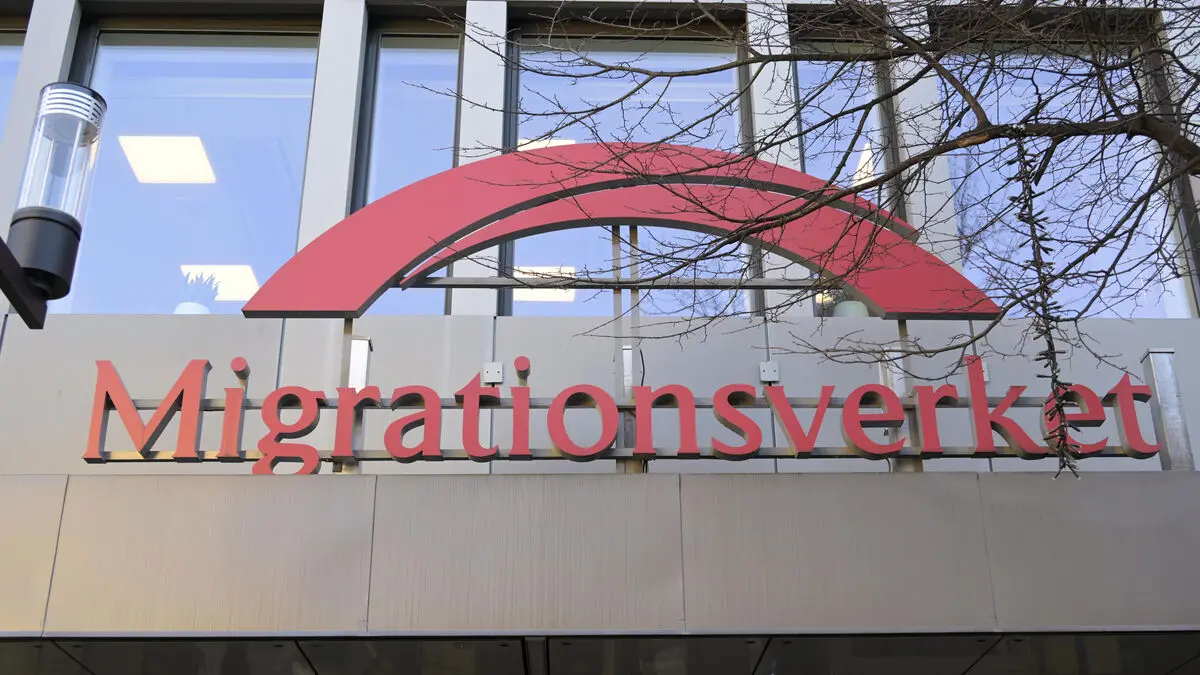Around 666 square kilometers of rainforest disappeared in Amazonas in July, which is an increase of 33 percent compared to the same month last year. This is shown by new figures from Brazil's environmental department.
This means that deforestation is increasing for the first time in 15 months.
Widespread drought and the fact that a strike for higher wages and better working conditions has broken out among personnel working to prevent deforestation are cited as some of the reasons, reports news agency Reuters.
The drought increases the risk of fires. In July, a record number of fires were registered in rainforest areas, according to Reuters. Over 11,400 fires have raged during the past month, show satellite images from Brazil's space agency Inpe. This is the highest July figure since 2005. Normally, the dry period reaches its peak in August and September. The fact that the July weather is so dry is attributed to human influence on the climate.
Worse under Bolsonaro
Despite the July increase, deforestation is at significantly lower levels with Luiz Inácio Lula da Silva as president than during the presidency of his predecessor, right-wing populist Jair Bolsonaro.
In July 2022, the last year of Bolsonaro's presidency, deforestation was twice as large as in July 2024, according to Inpe.
Over the past 12 months, Amazonas has lost 4,300 square kilometers of forest – an area approximately three times larger than London. This means that deforestation has decreased by nearly 46 percent compared to the previous 12-month period, according to the environmental department.
Brazil's environmental reputation
As the world's largest rainforest, Amazonas plays a crucial role in combating global warming, thanks to the enormous amounts of greenhouse gases that the forests absorb.
Protecting the rainforest and restoring Brazil's environmental reputation in the eyes of the world has become a hallmark of left-wing leader Lula da Silva's presidency. The ambition is to completely stop illegal deforestation by 2030, a promise that has been internationally acclaimed.
Since Lula da Silva took office in January 2023, his government has deployed the military to drive out illegal loggers and gold miners, channeled funds to sustainability projects, and presented plans to protect indigenous lands in the rainforest.
Deforestation in Amazonas decreased significantly in 2023, following political efforts in Brazil and Colombia.
Globally, however, rainforest equivalent to ten football fields per minute was still lost last year, according to a report from the World Resources Institute (WRI).
The political shift in Brazil, where Luiz Inácio Lula da Silva returned to the presidency last year, led to a 36 percent decrease in deforestation compared to 2022 – despite an increase in some areas of the country.
In Colombia, where reduced deforestation was part of the peace talks, the decrease was 49 percent.
At the same time, however, fires and increased deforestation in other areas – including Bolivia, Laos, and Nicaragua – largely offset the positive effects.
Globally, the loss of rainforest decreased by only 9 percent, which has also been reported by, among others, BBC.
Sources: World Resources Institute (WRI), AFP, and others






